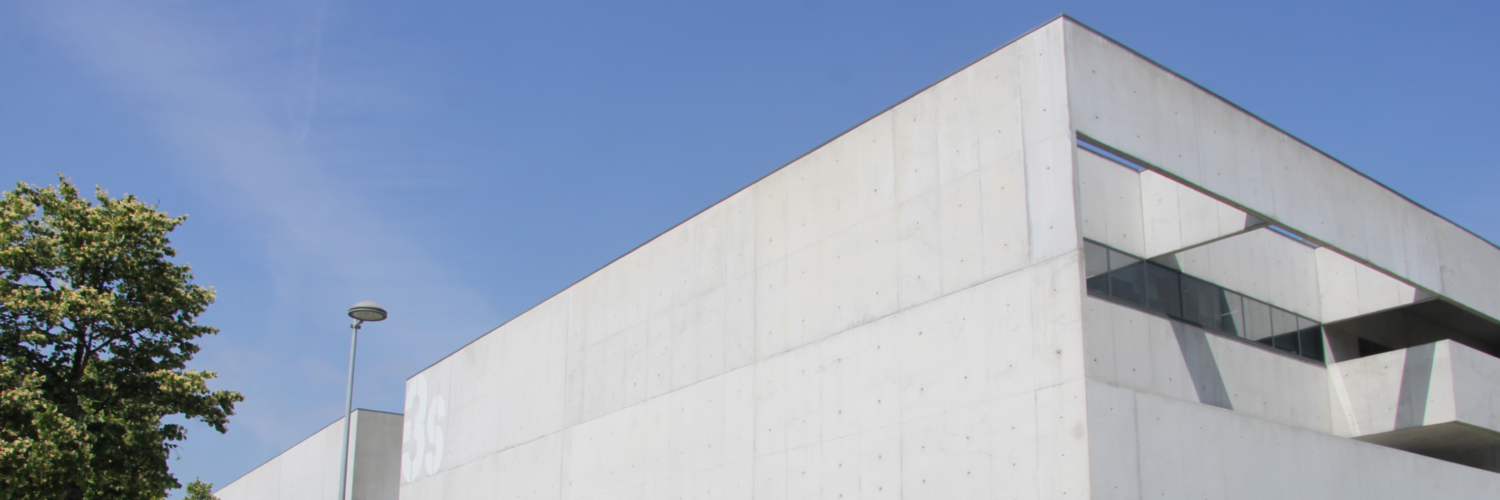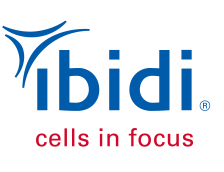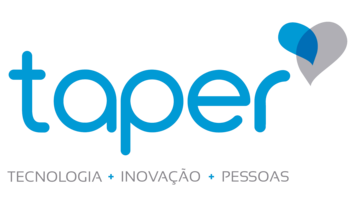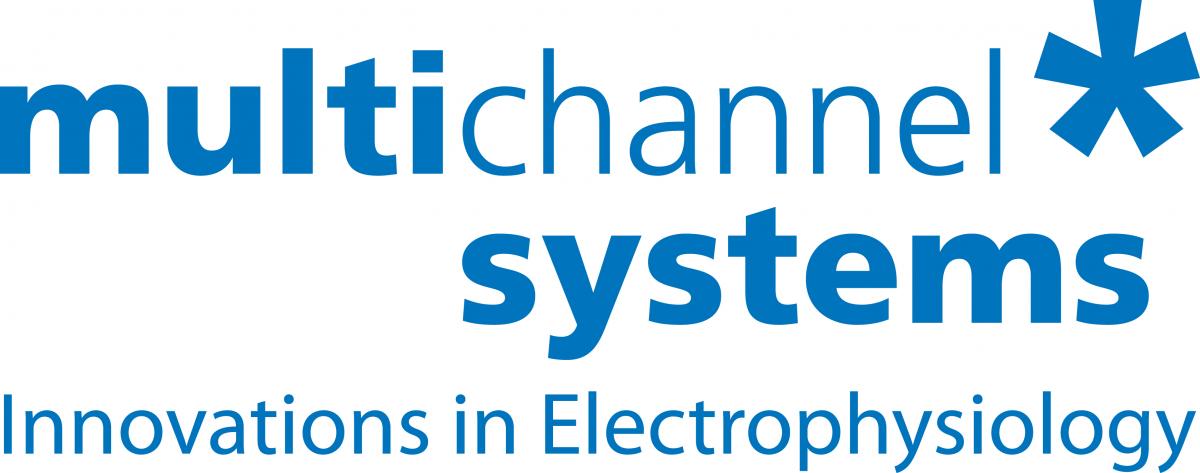Neuroengineering is a multidisciplinary field with the goal of addressing neuroscience problems with methodologies that go well beyond molecular and cellular biology: by combining neuroscience with engineering fields such as computer science, information theory, electronics, nanomaterials, among others, neuroengineering creates new ways to reveal, repair and even enhance human brains.
This workshop aims at promoting an intellectually stimulating environment where new ideas can be exchanged and new collaborations can be forged. By integrating hands-on practical sessions, the workshop also gives the possibility for the interested participants to try basic techniques used in neuroengineering.
We look forward to seeing you at the workshop
The Organizers
Paulo Aguiar, INEB/i3S | João Ventura, IFIMUP-IN
..............................................................................................................................................................
PROGRAMME
First day | Apr 27th: lectures covering different topics in neuroengineering.
Second day, optional | Apr 28th: hands-on practical sessions on basic lab techniques in neuroengineering.
The hands-on practical sessions are targeted for students (MSc and PhD), but are in fact open to everyone. Every practical session has a duration of 3h. Each participant can only choose (register) one hands-on practical session. The list of available practical sessions is presented below.
..............................................................................................................................................................
SCHEDULE
| April 27th | April 28th | |
| 10:00 | Welcome | Hands-on practical sessions (09:30 – 12:30) |
| 10:05 | Miguel Pais Vieira | |
| 10:45 | Wolfram Erlhagen | |
| 11:25 | Coffee Break | |
| 11:40 | João Ventura | |
| 12:20 | Henrique Gomes | |
| 13:00 | Almoço | |
| 14:30 | João Paulo Cunha | Hands-on practical sessions (14:00 – 17:00) |
| 15:10 | Paulo Aguiar | |
| 15:50 | Coffee Break | |
| 16:10 | Paulo Freitas | |
| 16:50 | João Pedro Conde | |
| 17:30 | Concluding Remarks |
..............................................................................................................................................................
SPEAKERS
| NAME | TITLE OF THE SEMINAR | |
 |
Miguel Pais-Vieira Universidade Católica Portuguesa |
Brainet: Information transfer within and between brains |
 |
Wolfram Erlhagen Universidade do Minho |
A Neurodynamics Approach to Cognitive Robotics |
 |
João Ventura IFIMUP-IN |
Memristors as Neuromorphic Devices |
 |
Henrique Gomes Universidade do Algarve |
Extracellular signal recordings: driving down the detection limits to nanovolt range |
 |
João Paulo Cunha INESC TEC / FEUP |
Optimizing Stereotactic targeting in DBS: A Neuroengineering approach |
 |
Paulo Aguiar i3S/ INEB |
Analyzing neuronal circuits dynamics with in silico neuroscience tools |
 |
Paulo Freitas INL |
Detection of neuronal magnetic fields with integrated microelectrodes |
 |
João Pedro Conde INESC MN / IST |
Microfluidic cell culture platforms for the study of Parkinson's disease and beyond |
..............................................................................................................................................................
HANDS-ON PRACTICAL SESSIONS
A list of four different hands-on practical sessions is available (3h long). Each participant can only register in one session. Please notice that the number of available seats in each session is very low.
The minimum number of participants in eac h session is 2 and the maximum is 4 (except for S4).
S1 – Basics of Neuronal Cell Cultures
[Responsible: Cátia Lopes, INEB/i3S]
Cell culturing techniques are widely used in neuroengineering studies and have significantly improved our understanding of the physiological and pathological processes of living organisms. This workshop session is intended to provide an introductory training in the basic requirements for successful cell culturing. With this hands-on training session, the participants will get acquainted with a number of valuable resources and guidelines required to establish and maintain a cell culture, as well as the basic principles of sterile technique and laboratory safety issues.
S2 – Memristive artificial synapses: from device principles to neuromorphic applications
[Responsible: Catarina Dias & Daniel Silva, IFIMUP]
Neuromorphic devices use the brain's structure and operation principles as a promising solution for modern computational storage and processing demands. Memristors, a new class of electronic devices, resemble properties similar to neural synapses. They behave like resistors whose resistance depends on the current that passed through the device. This session will start with an introduction to the memristor and then followed by the electrical characterization of some real examples. Finally, the results will be analyzed to characterize and distinguish different devices.
S3 – Principles of patch-clamp electrophysiology
[Responsible: Liliana Luz, IBMC/i3S]
Electrophysiology is the biomedical field dealing with the study of the electrical properties of cells and tissues. The patch-clamp technique is a major tool in electrophysiology which allow us to study cell excitability, functions and pharmacology of ion channels. Understanding how neurons respond to electrical stimuli is an essential element in the design of systems capable of modulating the activity in neuronal populations. In this practical session participants will learn the very basics of patch-clamp electrophysiology and will have to possibility to record the activity of neurons subject to electrical stimulation.
S4 – Introduction to the NEURON modeling software – detailed simulations of neurons in a computer
[Responsible: Paulo Aguiar, i3S/INEB]
Neurons are cells specialized in transmission, storage and processing of information. Understanding the complexities of neuronal dynamics in normal conditions, in order to devise correction strategies in pathological conditions, requires detailed modeling and computer simulations. This hands-on practical session gives an introduction to the NEURON simulation environment, a well-established tool for in silico neuroscience and the workhorse software of the Human Brain Project. Participants will learn how to perform biophysically detailed simulations of single neurons and small neuronal circuits.
..............................................................................................................................................................
REGISTRATION
A participant can register for the lectures only (Apr 27th), for a hands-on session only (Apr 28th), or for both lectures and one hands-on session. The registration fees include the coffee breaks and lunches (only on Apr 27th) and the necessary hands-on session materials (on Apr 28th).
Please notice that the number seats is limited (for both lectures and practical sessions).
Participation will be confirmed on a first come, first served basis, upon confirmation of registration fee payment.
The time slot (morning or afternoon) for each practical session is subject to confirmation. This information will be provided to the participants upon registration.
FEES
Early bird, until Apr 5th
Lectures only – 30€ (includes lunch and coffee-breaks))
Hands-On Session only – 40€ (for one hands-on session)
Full workshop – 60€
After Apr 5th (deadline is Apr 20th)
Lectures only –50€ (includes lunch and coffee-breaks)
Hands-On Session only – 70€ (for one hands-on session)
Full workshop – 100€
Registration Form >>
..............................................................................................................................................................
SPONSORS





